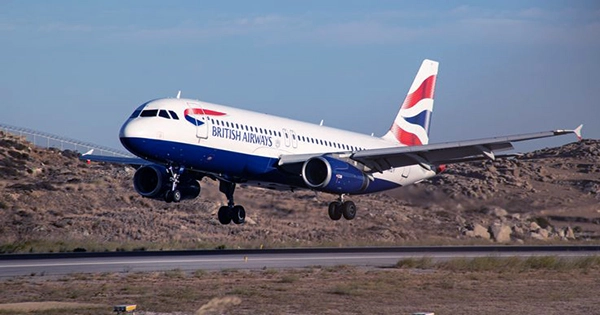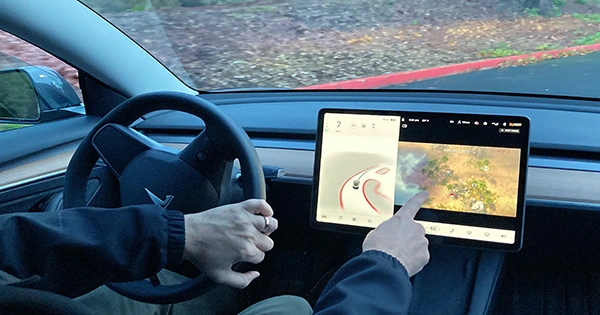Lufthansa has announced that in order to keep their take-off and landing slots this winter; they will be compelled to conduct 18,000 “ghost flights.” The company plans to cancel 33,000 flights in the next weeks due to a drop in air travel-induced by a surge in COVID-19 cases following Omicron. According to Carsten Spohr, CEO of the Frankfurter Allgemeine Sonntagszeitung, the lower demand is coming from Germany, Switzerland, and Austria, which have been affected particularly hard by the epidemic during this wave.
As winter approaches, the airline is only operating 60% of its pre-pandemic timetables, with half the amount of passengers flying. The company cannot simply cut their flights due to airport slot requirements, or they risk losing their permission to land in the future. “We would have canceled a lot more flights in January because of the lower demand,” Spohr added. “However, in the winter, we’ll have to fly 18,000 extra trips that aren’t essential just to keep our takeoff and landing rights.” Nevertheless, remember to switch off the lights before leaving the house!
According to the company, in order to secure these slots under the European Union’s (EU) “use it or lose it,” rule, they will be compelled to run flights with no or very few passengers. Airlines must utilise at least 50% of their slots or risk losing them in Winter 2021/2022, according to the guidelines.
This restriction had reduced to 0% in the early phases of the pandemic in order to prevent flights with no demand, but it gradually increased as the world opened up again. Airlines are straining to operate at 50% capacity on passenger demand alone, despite not being back to pre-pandemic levels (80%).
“Despite our pleas for additional flexibility at the time, the EU adopted a 50%-use regulation for every flight schedule/frequency held for the winter,” an International Air Transport Association (IATA) representative told Metro. “Against the backdrop of the current crisis, this has been manifestly unrealistic in the EU this winter.” This puts airlines like Lufthansa in the position of flying empty planes (and producing massive amounts of carbon emissions in the process) in order to keep flying when passenger demand picks up again in the future.
The policy runs counter to the EU’s goal under the European Green Deal to cut transport emissions by 90% by 2050 (relative to 1990 levels), with the aviation industry expected to play a key role. Belgium’s transport minister, Georges Gilkinet, has written to the European Commission, requesting that the slot requirement be removed in order to cut carbon emissions.
















